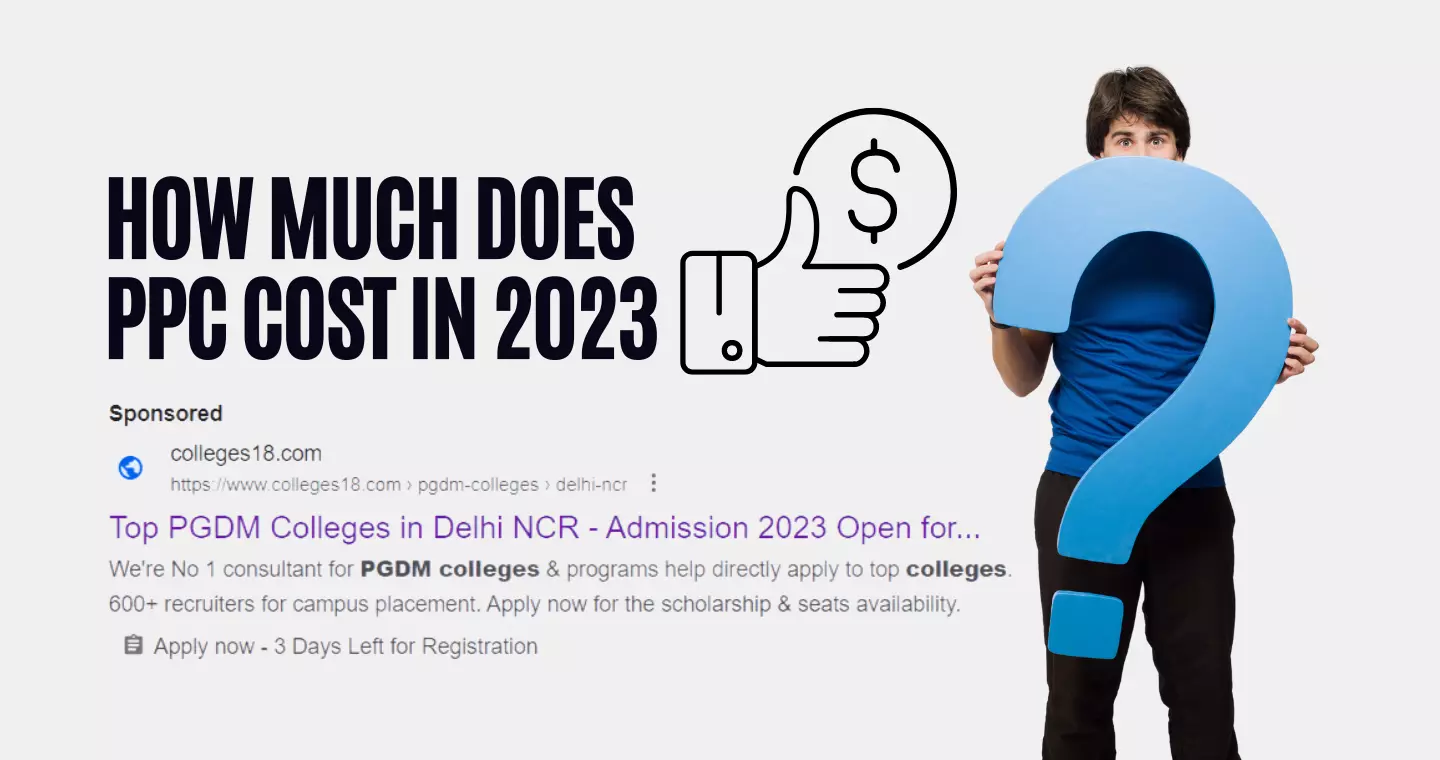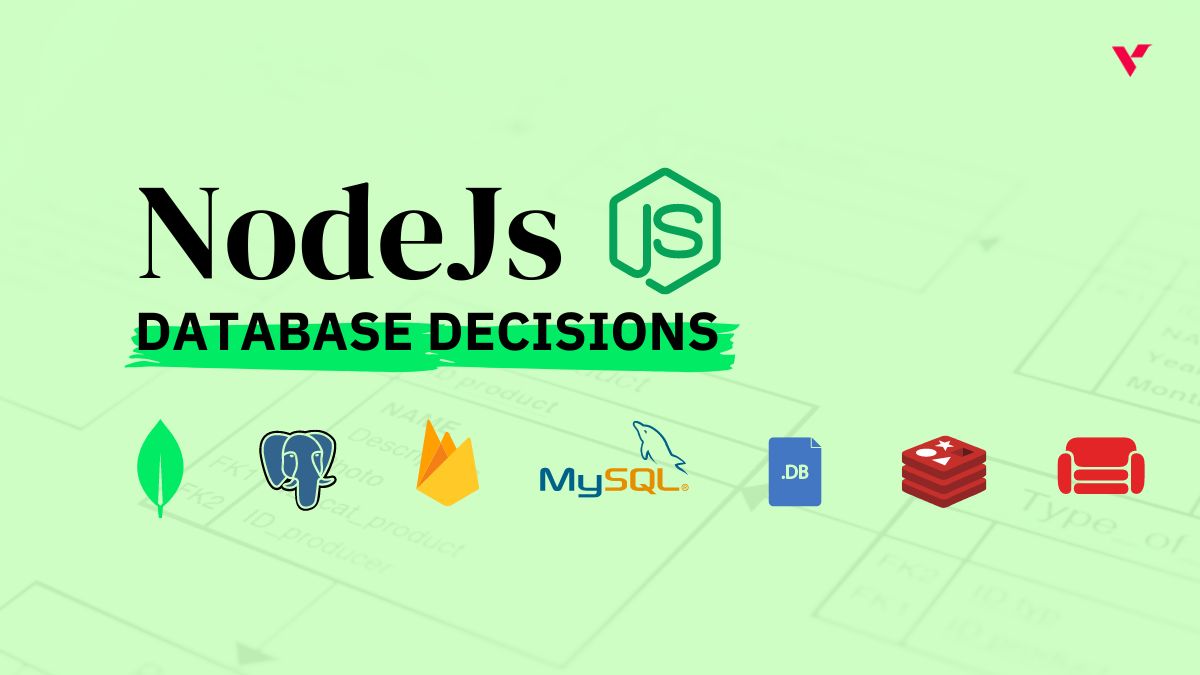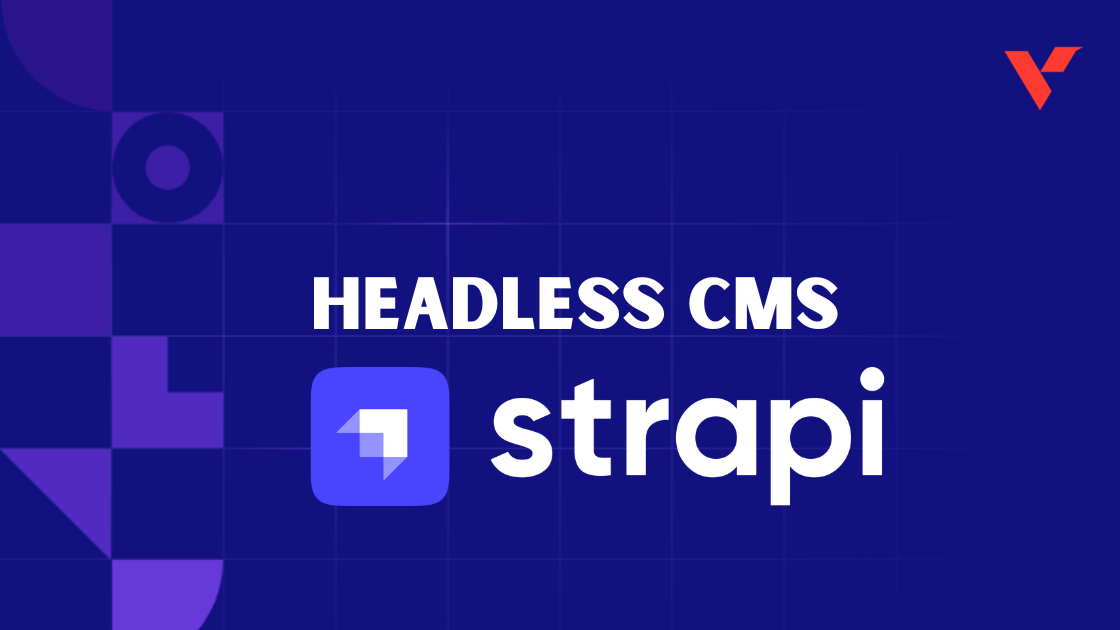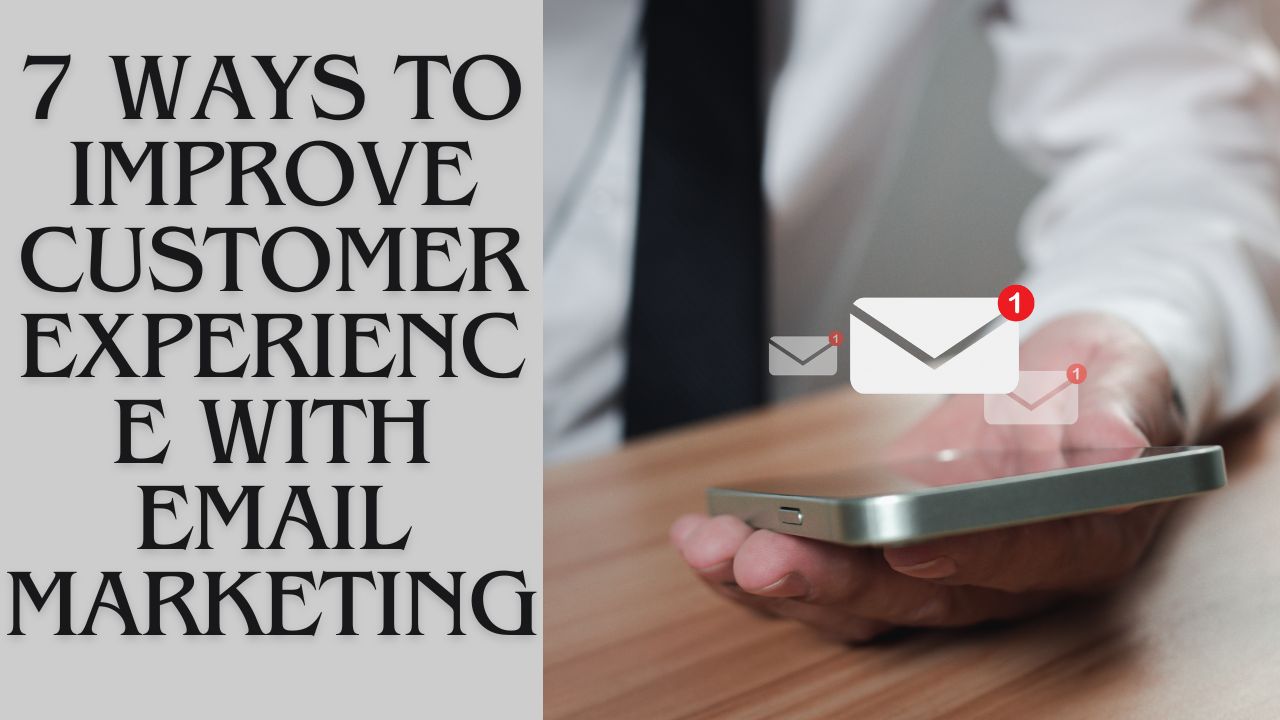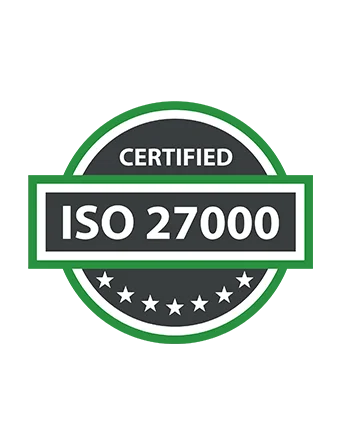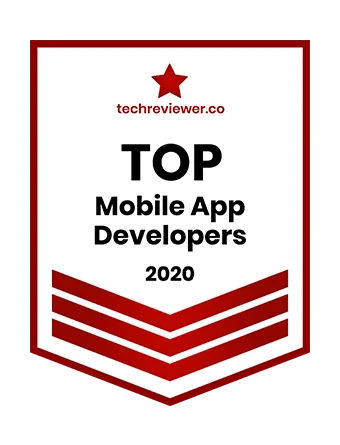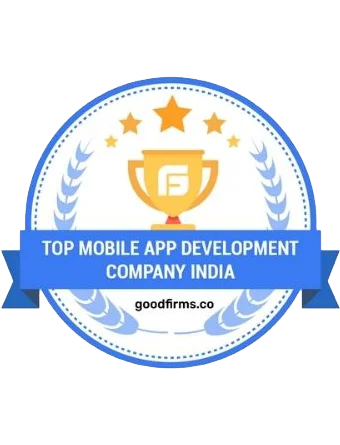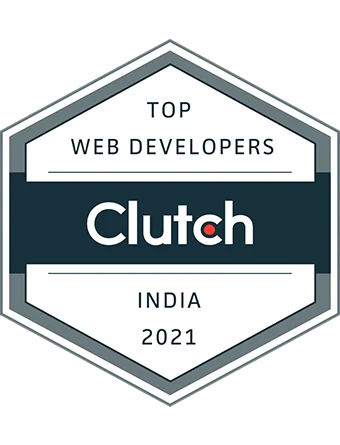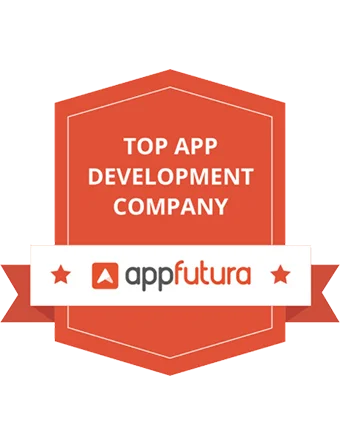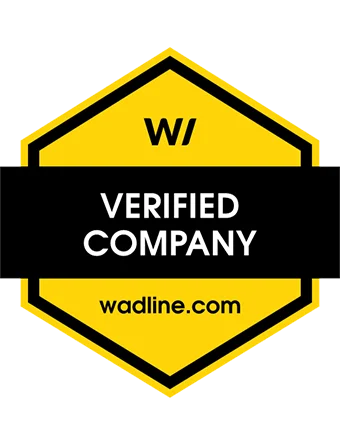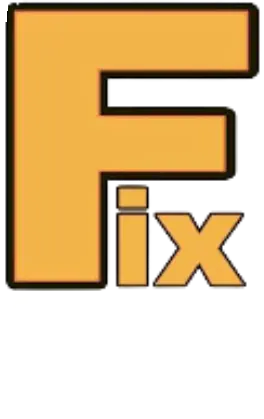Popular Tools by VOCSO
The cost of PPC (Pay-Per-Click) advertising can vary depending on a variety of factors, including the platform you’re using, your industry, your target audience, and your competition.
For example, on Google Ads, the cost per click (CPC) can range from a few cents to hundreds of dollars, depending on the keywords you’re targeting, the ad placement, and the competition for those keywords. On Facebook Ads, the cost per click can range from a few cents to a few dollars, depending on factors such as audience targeting, ad format, and competition.
It’s important to note that PPC advertising involves bidding on keywords or placements, so the cost can be influenced by your competition. Additionally, your ad’s relevance and quality score can also affect the cost, as higher-quality ads and landing pages can lead to lower costs.
In this blog, we’re going to talk about one of the most important things you need to know if you’re running ads for your business, the PPC pricing in 2023. So, if you’re wondering how much you should be paying for your PPC ads in 2023 and how to optimize your ads to save money, then you’ve come to the right place.
Table of Contents
How much should I pay for PPC?
There is no one-size-fits-all answer to how much you should pay for PPC advertising, as it can vary widely depending on factors such as your industry, target audience, competition, and advertising goals.
One approach to determining your PPC budget is to calculate your customer acquisition cost (CAC) and your customer lifetime value (CLV). Your CAC is the amount you spend to acquire a new customer, while your CLV is the amount of revenue you can expect to earn from a single customer over their lifetime. To maximize your ROI, your CAC should be lower than your CLV.
Once you have an idea of your CAC and CLV, you can set your PPC budget accordingly. For example, if your CAC is $50 and your CLV is $500, you may be willing to spend up to $50 per click on PPC advertising to acquire new customers.
It’s important to also consider factors such as your advertising goals, competition, and industry benchmarks when determining your PPC budget. For example, if you’re targeting highly competitive keywords, you may need to spend more to achieve a high ad rank and visibility.
Ultimately, it’s important to carefully monitor your campaigns, adjust your bids and targeting as needed, and measure your results to ensure that your PPC spending is generating a positive return on investment. If we talk about the PPC cost in 2023 then it can be $2.59 per click and $3.12 per 1000 impressions. However, the price may vary depending on your product and service keywords, your locations, your competition level, and your ad placements.
PPC Pricing: Google Ads
How does PPC pricing work on Google Ads?
PPC (Pay-Per-Click) pricing on Google Ads works on an auction system. Advertisers bid on specific keywords relevant to their business, and when a user searches for those keywords, Google runs an auction to determine which ad will be shown and in what order. The highest bidder for that specific keyword typically gets the top spot, and each time a user clicks on their ad, the advertiser is charged a fee.
What determines PPC costs on Google Ads?
Several factors determine PPC costs on Google Ads, including:
Keyword competition: The more advertisers bidding on a particular keyword, the higher the cost per click is likely to be. Make sure you research your keywords and select carefully for your ad campaigns.
Ad quality: Google uses a Quality Score system to rate the quality and relevance of ads, and higher-quality ads are rewarded with lower costs per click. Google ads with excellent quality scores can perform better at a lower cost.
Ad placement: Ads that appear at the top of the search engine results page typically have higher costs per click than those that appear lower down. Same if you’re using Google partner networks then you have to pay more if you choose your ads to show above the fold of a web page.
Ad relevance: Ads that are highly relevant to the user’s search query are more likely to be clicked on, and therefore may have lower costs per click.
How is my Google Ads budget spent?
Your Google Ads budget is spent on a daily basis, as your ads are shown to users who search for relevant keywords. The amount you spend depends on the maximum bid you set for each keyword, the number of clicks your ad receives, and the daily budget you set for your campaign.
How can I lower my PPC costs on Google Ads?
There are several ways to lower your PPC costs on Google Ads, including:
Improve your Quality Score: By creating highly relevant and high-quality ads, you can improve your Quality Score, which can lower your costs per click.
Target more specific keywords: Targeting long-tail keywords with less competition can result in lower costs per click.
Optimize your landing pages: Ensure your landing pages are highly relevant and optimized for conversion to increase your Quality Score and decrease your costs per click.
Use negative keywords: Adding negative keywords to your campaigns can help ensure your ads are only shown to highly relevant search queries, which can result in lower costs per click.
Adjust your bids: Constantly monitor and adjust your bids for each keyword to ensure you are not overbidding and wasting your budget.
Microsoft Advertising: PPC Pricing
If you’re looking to promote your business online, one option to consider is Microsoft Advertising, which was formerly known as Bing Ads. Similar to Google Ads, Microsoft Advertising also operates on a bidding and auction model. However, one advantage that Microsoft Advertising has over Google Ads is that it usually comes with lower pay-per-click costs.
On average, businesses can expect to pay $1.54 for each click they receive through Microsoft Advertising. This means that if your ad is clicked on 100 times, you would pay approximately $154 in total. However, it’s important to keep in mind that this cost can vary depending on a range of factors such as the keywords you choose, the audience you’re targeting, and the competitiveness of your industry.
Microsoft Advertising can be a cost-effective way to reach a wide audience and drive traffic to your website. By creating compelling ads and targeting the right audience, you can increase your chances of success and generate a strong return on your advertising investment.
Retargeting: PPC Pricing
Retargeting, also known as remarketing, is an advertising strategy that involves showing ads to people who have previously interacted with your business. This technique can be especially effective since, as you mentioned, a vast majority of website visitors leave without making a purchase. By retargeting those users, you can remind them of your business and potentially win their business.
The cost of retargeting ads can vary depending on several factors, including the industry you’re in, the platform you’re using, and the specific targeting options you choose. On average, businesses can expect to pay between $0.66 and $1.23 per click on their retargeting ads, which is slightly less than the cost of traditional PPC ads.
However, it’s worth noting that these are just averages, and your actual costs may be higher or lower depending on your specific circumstances. For example, if you’re targeting a highly competitive industry or using a particularly niche targeting strategy, your costs may be higher.
As for budgeting, it’s estimated that businesses typically allocate around 10% of their advertising budget to retargeting campaigns. However, this can also vary depending on the size of your business, the goals of your campaign, and other factors.
In summary, retargeting can be a powerful tool for businesses looking to win back potential customers who have shown interest in their products or services. While costs can vary, businesses can generally expect to pay less for retargeting ads than traditional PPC ads and should plan to allocate a portion of their advertising budget to these campaigns.
What do PPC management services include?
PPC (Pay-per-click) management services typically include a range of activities and strategies designed to maximize the performance of pay-per-click advertising campaigns. Here are some of the key elements that are typically included in PPC management services:
Keyword research and selection: Identifying relevant and high-performing keywords to target in ad campaigns.
Ad copy creation: Writing effective ad copy that includes relevant keywords and entices users to click through to the website.
Campaign setup and optimization: Creating and configuring campaigns, ad groups, and ads to ensure optimal performance and budget allocation.
Bid management: Adjust bids for keywords and ad placement to ensure that the ads are shown in the most cost-effective positions.
Tracking and reporting: monitoring and analyzing campaign performance metrics, including clicks, conversions, and ROI, and providing regular reports to clients.
Landing page optimization: Optimizing landing pages to ensure they are relevant to the ad and offer a good user experience that maximizes conversions.
Ad testing and optimization: Testing different ad variations and optimizing ad copy, targeting, and bidding strategies to improve campaign performance.
Campaign expansion: Identifying new opportunities for targeting and expanding campaigns to reach new audiences and increase ROI.
PPC management services aim to deliver cost-effective advertising campaigns that generate high-quality traffic and conversions for businesses.
Factors That Affect PPC Pricing
Quality score: Google assigns a quality score to your ads based on factors such as ad relevance, landing page experience, and expected click-through rate. A higher quality score can lead to lower CPC (Cost-Per-Click) and better ad placement.
Bid strategy: The amount you’re willing to pay for a click can affect your ad’s position in search results. Different bid strategies can impact the overall cost and effectiveness of your PPC campaigns.
Ad placement: The position of your ad on the search results page can affect the number of clicks it receives. Ads placed higher on the page tend to receive more clicks but may also be more expensive.
Keyword competition: The more advertisers bidding on a particular keyword, the higher the cost-per-click may be. Highly competitive keywords can be more expensive to target, while targeting niche or long-tail keywords may be more affordable.
Ad relevance: The relevance of your ad to the search query can impact its performance and cost. Ads that are more relevant to the user’s search may receive more clicks and be more cost-effective.
Geographic location: Targeting specific geographic locations can affect the cost of your PPC campaigns. Advertising in highly competitive markets or major cities can be more expensive than targeting smaller or less competitive areas.
Time of day: The time of day you run your ads can impact performance and cost. Running ads during peak hours when more people are searching can be more expensive, while running ads during off-peak hours may be more affordable.
Device targeting: Targeting specific devices, such as mobile or desktop, can impact the cost and effectiveness of your ads. Mobile ads may be more expensive due to increased competition, but may also lead to more clicks.
Average PPC Cost by Industry
Arts & Entertainment: This industry includes theaters, museums, amusement parks, and other entertainment businesses. The average PPC cost ranges from $0.45 to $1.73.
Animals & Pets: This industry includes pet stores, veterinary services, and other businesses related to pets. The average PPC cost ranges from $0.50 to $1.60.
Apparel / Fashion & Jewelry: This industry includes clothing and accessories stores, jewelry shops, and fashion-related businesses. The average PPC cost ranges from $0.45 to $1.23.
Attorneys & Legal Services: This industry includes law firms, attorneys, and other legal services. The average PPC cost ranges from $5.88 to $6.75.
Automotive — For Sale: This industry includes car dealerships and businesses that sell cars. The average PPC cost ranges from $1.23 to $2.46.
Automotive — Repair, Service & Parts: This industry includes businesses that offer car repair services and sell car parts. The average PPC cost ranges from $1.90 to $4.41.
Beauty & Personal Care: This industry includes beauty salons, spas, and other personal care businesses. The average PPC cost ranges from $0.72 to $2.70.
Business Services: This industry includes consulting, marketing, and other business-related services. The average PPC cost ranges from $2.55 to $3.80.
Career & Employment: This industry includes job search websites, recruiters, and other employment-related businesses. The average PPC cost ranges from $1.07 to $1.88.
Dentists & Dental Services: This industry includes dental clinics and other businesses related to dental health. The average PPC cost ranges from $3.01 to $6.62.
Education & Instruction: This industry includes schools, online courses, and other educational services. The average PPC cost ranges from $2.40 to $3.96.
Finance & Insurance: This industry includes banks, insurance companies, and other financial services. The average PPC cost ranges from $3.77 to $55.48.
Furniture: This industry includes furniture stores and businesses related to home decor. The average PPC cost ranges from $1.27 to $2.62.
Health & Fitness: The average CPC for the health and fitness industry is around $1.63. This industry includes businesses such as gyms, personal trainers, yoga studios, and health food stores.
Home & Home Improvement: The average CPC for home and home improvement is around $2.44. This industry includes businesses such as interior designers, home improvement stores, and general contractors.
Industrial & Commercial: The average CPC for the industrial and commercial industry is around $3.33. This industry includes businesses such as manufacturers, wholesalers, and distributors.
Personal Services: The average CPC for personal services is around $2.62. This industry includes businesses such as wedding planners, house cleaners, and pet services.
Physicians & Surgeons: The average CPC for physicians and surgeons is around $3.00. This industry includes businesses such as doctors, dentists, and other healthcare professionals.
Real Estate: The average CPC for the real estate industry is around $2.37. This industry includes businesses such as real estate agents, brokers, and property management companies.
Restaurants & Food: The average CPC for restaurants and food-related businesses is around $1.32. This industry includes businesses such as restaurants, cafes, and food delivery services.
Shopping, Collectibles & Gifts (General): The average CPC for shopping, collectibles, and gifts-related businesses is around $1.91. This industry includes businesses such as online marketplaces, gift shops, and specialty stores.
Sports & Recreation: The average CPC for sports and recreation-related businesses is around $1.38. This industry includes businesses such as sports equipment retailers, fitness studios, and outdoor recreation companies.
Travel: The average CPC for travel-related businesses is around $1.47. This industry includes businesses such as airlines, hotels, travel agencies, and booking platforms.
Tips for Reducing PPC Costs
Choose your keywords wisely: It’s essential to target the right keywords for your business. Instead of going for the cheapest keywords, focus on the ones that are most relevant to your business and have a high search volume. This will ensure that your ads are seen by the right people and increase the chances of conversion.
Try out the Search Partner Network: Google and other search engines have a network of partner websites where your ads can be displayed. These partner websites can be a cost-effective way to reach a wider audience. However, it’s important to monitor the performance of your ads on these sites and exclude any sites that are not performing well.
Leverage exclusions: You can exclude certain keywords or websites where you don’t want your ads to appear. For example, if your business only operates in certain geographic areas, you can exclude locations outside your service area. This will help you save money by avoiding irrelevant clicks.
Reevaluate your bidding: It’s important to regularly monitor and adjust your bidding strategy. You can try bidding less for less competitive keywords and more for high-performing ones. Also, consider adjusting your bids based on the time of day or day of the week.
A/B test your audience targeting: Test different audience targeting options to see what works best for your business. For example, you can try targeting different age groups, genders, or interests. A/B testing can help you optimize your ads and improve your ROI (return on investment).
Try the “priority” structure for bidding: This involves setting different levels of priority for your keywords, based on their value to your business. By doing this, you can focus your bidding on the most valuable keywords and reduce costs on less important ones.
Optimize your product feed attributes: By optimizing your product feed attributes, you can improve the relevance of your ads and attract more qualified clicks. This can lead to a higher click-through rate (CTR) and lower cost per click (CPC).
A/B test your ad copy: Testing different versions of your ad copy can help you identify which messages resonate most with your target audience. By optimizing your ad copy for maximum relevance and engagement, you can increase your CTR and reduce your CPC.
Choose your campaign objective wisely: Choosing the right campaign objective can help you optimize your ad delivery and achieve your advertising goals more efficiently. For example, if your goal is to drive website traffic, choosing the “Traffic” objective can help you reach a larger audience at a lower cost.
Try ad scheduling: Ad scheduling allows you to specify certain times of the day or days of the week when your ads should be shown. By identifying the times when your target audience is most likely to be active, you can optimize your ad delivery and reduce wasted spend.
Be selective with your targeting: Rather than targeting a broad audience, focus on your ideal customer. This will allow you to create more targeted ads that are more likely to convert.
Customize Placements: Take time to identify the most profitable placements for your ads, and exclude low-performing ones. This will help to maximize your ad spend and increase conversions.
Optimize Your Ad Copy: Your ad copy should be compelling, relevant, and optimized with the right keywords. This will help to increase your click-through rate and reduce your cost-per-click.
Improve Your Landing Page Experience: Ensure that your landing page is user-friendly, loads quickly, and contains relevant content. This will help to improve your Quality Score, which can reduce your cost-per-click.
Adjust Your Targeting: Continuously monitor and adjust your targeting to ensure that you are reaching the right audience. This will help to improve your conversion rate and reduce your overall ad spend.
Use Negative Keywords: Identify and exclude irrelevant or low-performing keywords from your ad campaigns. This will help to prevent your ads from showing to the wrong audience and increase your click-through rate.
FAQs
How does PPC advertising work?
PPC (Pay-Per-Click) advertising is a type of online advertising where advertisers pay a fee each time a user clicks on one of their ads. Advertisers bid on keywords or phrases that are relevant to their target audience, and when a user searches for those keywords, the ads are shown at the top or bottom of the search engine results page (SERP). Advertisers only pay when someone clicks on their ad, which is why it’s called “pay-per-click.”
What are the benefits of PPC advertising?
The benefits of PPC advertising include the ability to target specific audiences, immediate results, increased brand exposure, and the ability to control costs. With PPC advertising, you can target people who are searching for specific products or services, and you can set your budget and adjust it as needed to get the best results.
How long does it take to see results from a PPC campaign?
It can take a few days to a few weeks to see results from a PPC campaign, depending on factors like your budget, your targeting, and your ad copy. It’s important to monitor your campaign regularly and make adjustments as needed to get the best results.
What is the difference between PPC and SEO?
PPC and SEO are both types of online advertising, but they work differently. PPC is a paid advertising method where advertisers pay each time someone clicks on their ad. SEO (Search Engine Optimization) is a way to optimize your website and content to rank higher in search engine results pages organically, without paying for clicks.
Can I run a successful PPC campaign with a small budget?
Yes, it is possible to run a successful PPC campaign with a small budget. It’s important to choose your keywords carefully and to create targeted ad copy that appeals to your target audience. You can also adjust your budget as you see how your campaign is performing.
What is the role of ad copy in PPC advertising?
Ad copy is the text that appears in your PPC ads, and it plays an important role in attracting clicks and converting users into customers. Your ad copy should be compelling, relevant to your target audience, and should include a clear call-to-action that tells users what they should do next.
Conclusion
In conclusion, PPC advertising can be a valuable investment for businesses looking to increase their online visibility and drive traffic to their website. However, the cost of PPC can vary widely depending on the industry, target audience, and keyword competitiveness. By conducting thorough research, optimizing ad copy and landing pages, and closely monitoring campaigns, businesses can maximize their ROI and achieve success with PPC advertising in 2023.


